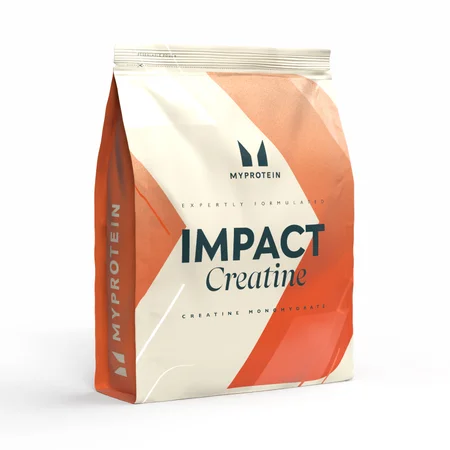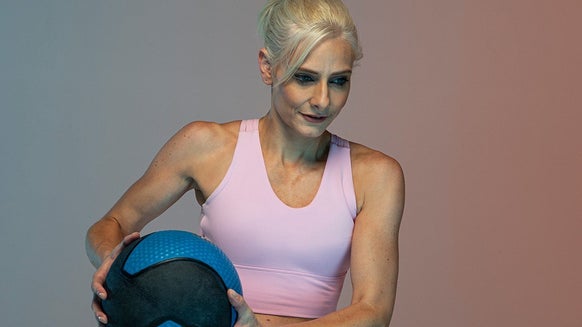Your Creatine Questions Answered By Nutritionist
Creatine. Possibly the most talked-about supplement on the market. It’s managed to be gossiped about in gyms across the country for years, with rumours spreading far and wide. But we have good news, the rumours aren’t true.
Our previous videos on creatine have not managed to quench your thirst in learning about this supplement. Luckily, our nutritionist Richie Kirwan is here to put the rumours to rest and answer all of your burning creatine questions.
Can anything affect creatine in combined consumption?
Two of our favourite things. Coffee and creatine. Unfortunately, there has been some research to suggest that caffeine can blunt the effects of creatine. While this isn’t particularly problematic, it just means that you might have to be more careful with your coffee consumption to get the most out of your creatine.
How long does it take for creatine levels in your muscles to drop?
If your muscles are fully saturated, it can take 4-6 weeks for your creatine levels to drop back to normal. What will happen? Not much. You may lose a little bit of weight – this will be water weight. You also might not perform as well in the gym. But you're not going to suddenly lose all your gains.
What is Creapure?
Creapure is a specific form of creatine monohydrate. One of the purest forms of creatine available on the market. Purity of 99.9% compared to purity of 98-99%.
What is micronised creatine?
As you might be able to guess, micronised creatine is creatine that’s been micronised. But what that means is the powder is smaller and finer, giving it a greater surface area than ordinary creatine. This increases absorption and decreases the risk of stomach upsets.
Although Richie believes that if creatine monohydrate doesn’t cause you stomach upsets, then there’s no need to use micronised creatine.









